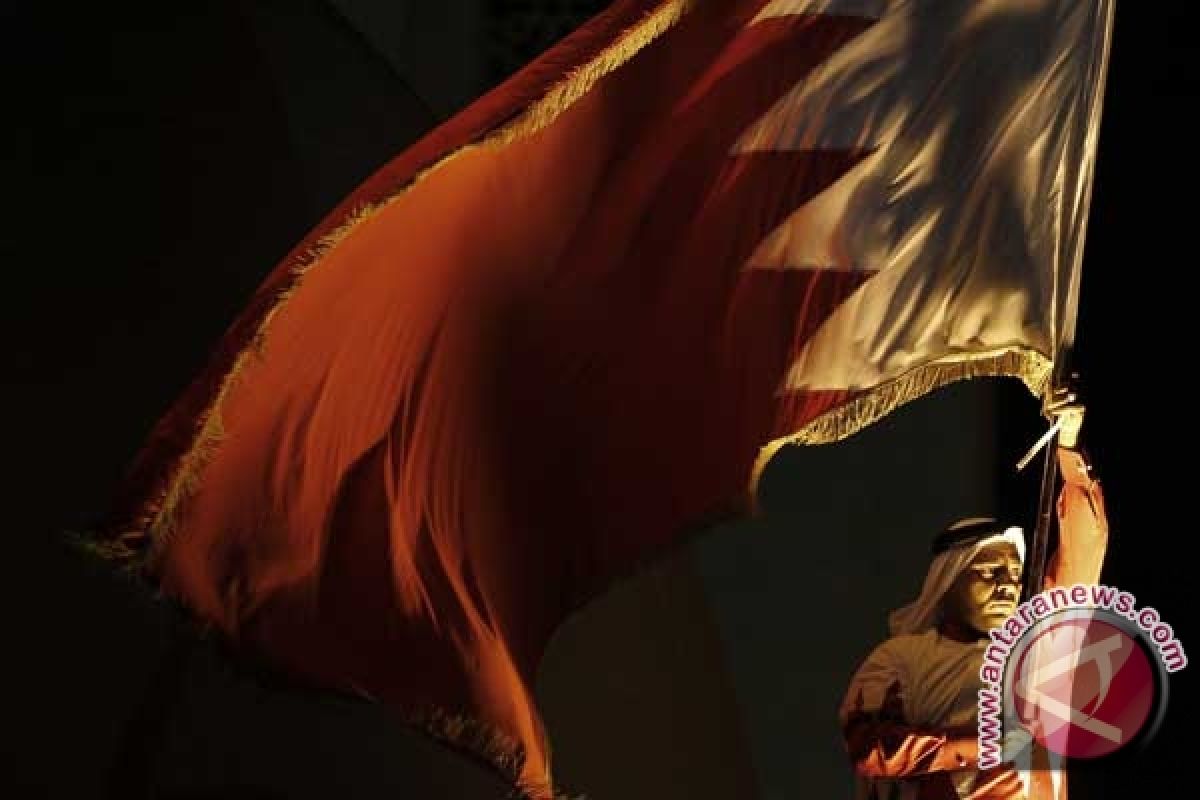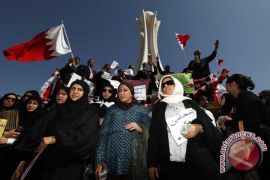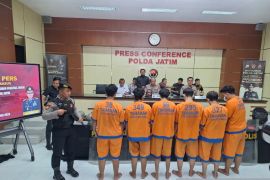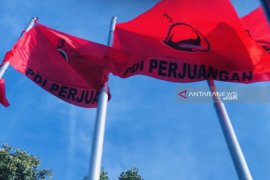Hospital sources said two policemen and two protesters were killed in the assault that began a day after Bahrain declared martial law to quell worsening sectarian unrest that has sucked in troops from fellow Sunni-ruled neighbour Saudi Arabia.
A member of parliament from the largest Shi`ite Muslim opposition group denounced the government assault as a declaration of war on the Shi`ite community.
"This is war of annihilation. This does not happen even in wars and this is not acceptable," Abdel Jalil Khalil, the head of Wefaq`s 18-member parliament bloc, said.
"I saw them fire live rounds, in front of my own eyes."
He said at least five people had been killed by security forces who fanned out across the capital Manama. There was no independent confirmation.
The United States, a close ally of Bahrain and Saudi Arabia, has called for restraint in the island kingdom, home to the U.S. Navy`s Fifth Fleet. It sent U.S. Assistant Secretary of State Jeff Feltman to Bahrain to push for talks to resolve the crisis.
Over 60 percent of Bahrainis are Shi`ites who complain of
discrimination at the hands of the Sunni al-Khalifa royal family. Calls for the overthrow of the monarchy have alarmed the Sunni minority, which fears that unrest could serve non-Arab Shi`ite power Iran.
Helicopters flew overhead and riot police fired teargas as they advanced from about 7 a.m. on the Pearl roundabout, focal point of weeks of protests. Youths hurled petrol bombs at police near the roundabout and scattered as new rounds of teargas hit.
The area was cleared within about two hours but protesters knocked down two police in their cars as they fled.
Wearing semi-automatic rifles and black face masks, Bahraini troops also blocked off several streets including the main road to the Shi`ite area of Sitra. Streets were deserted, shops were closed and people queued at cash machines.
"There are shots near and far. It`s not only shooting in the air, it`s urban warfare," said a resident who lives near the Budaya Highway in the northwest of Bahrain, adding that forces had cut off three bridges linking Bahrain`s airport, on Muharraq island, to the main island.
Riot police blocked access to Manama`s Salmaniya hospital, where many civilian casualties had previously been treated, and witnesses said access to other health centres was also blocked.
It did not appear that Gulf Arab forces invited in by the government for support were involved in the operation.
Sectarian Violence
The crackdown by Bahrain`s Sunni-led government against Shi`ite protesters has galvanised Iraq`s own Shi`ite community, exacerbating the sectarian tension that led to years of war in Iraq.
Iraqi Shi`ite cleric Moqtada al-Sadr called for mass demonstrations in Baghdad and Basra on Wednesday in support of mainly-Shi`ite demonstrators in Bahrain.
Bahrain has been gripped by its worst unrest since the 1990s after protesters took to the streets last month, inspired by uprisings that toppled the leaders of Egypt and Tunisia.
But the latest crackdown raised the stakes in the crisis between the country`s Shi`ite majority and its dominant Sunni minority and with the arrival of Saudi trooops hihlighted that the conflict in Bahrain`s is part the region`s hostilities between Sunni Gulf Arab countries and Shi`ite non-Arab Iran.
Unlike those countries, where the mainly Sunni populations united against the regime, Bahrain is split along sectarian lines, raising the risk of a slide into civil conflict.
Violent clashes between youths wielding clubs, knives and rocks have become daily occurrences, forcing Bahrain University and many schools to close in order to avoid further trouble.
Metal barricades and piles of rocks have blocked the main road since and most shops in Bahrain have been shut.
Thousands of protesters had been camped out at the Pearl roundabout. On Sunday, they overwhelmed police and blocked a main thoroughfare leading to the financial area, crippling the economy and shaking the world`s top oil-exporting region.
Bahrain`s stock market was closed due to the state of emergency, a day after Fitch downgraded Bahrain`s sovereign ratings by two notches due to the unrest.
Bahrain 5-yr credit default swaps tightened 7 basis points to 350 basis points on Wednesday, according to Markit data.
The British embassy upgraded the travel warning on its website on Wednesday as the security situation deteriorated and residents trying to flee said flights out of Bahrain were full.
"We recommend that those without a pressing reason to remain should be ready to leave at short notice," the UK embassy said.
The United Nations and Britain have echoed the U.S. call for restraint and the Group of Eight powers expressed concern, though analysts said the escalation showed the limits of U.S. influence when security was threatened.
The unrest prompted Bahraini officials to issue stark warnings on Tuesday that the three-month state of martial law could mean imposing a curfew, evacuating areas and dispersing gatherings.
"In order for the situation to return to normal we have to establish order and security and ... stop the violations which have spread disturbances among the people of our dear country," Interior Minister Sheikh Rashed al-Khalifa said.
As protesters fled, Bahraini security forces in light armoured personnel carriers began to clear the makeshift
roadblocks. Refuse disposal trucks moved in to remove the debris and tents, some of which protesters set on fire as they left.
Police opened cars that were left behind by fleeing protesters.
As demonstrators fled to nearby suburbs, black smoke was rising from the Shi`ite area of Sanabis but the source of the smoke was unclear. Small blasts occasionally reverberated through the capital Manama, but the source was also unclear.
Human Rights Watch urged Bahrain to exercise restraint.
"King Hamad`s decree does not give the authorities a blank check to commit abuses," said Joe Stork of HRW. (*)
Editor: Kunto Wibisono
Copyright © ANTARA 2011







